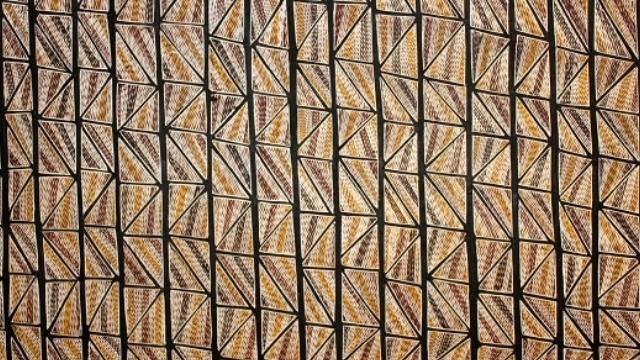
Recording available here
Abstract
The world’s need to transition to renewable energy will require enormous social, economic and political change, change which will be far from neutral in its distributional consequences. The term ‘Just Transition’ has been coined to describe a situation in which the transition to renewable energy occurs in a way that does not concentrate the costs of transition on some groups and its benefits on others, that not only minimises new inequalities but also addresses existing ones. In this seminar I consider the potential impact on Indigenous peoples of the massive increase in production of critical and energy transition minerals (including lithium, cobalt, copper, nickel and rare earths) which must occur to allow production of huge numbers of solar panels, wind turbines, electric cars and batteries. The world’s resources of transition minerals are heavily concentrated on or near Indigenous territories. Unless these resources are developed in a way very different to the manner in which mining on Indigenous land has occurred in the past, this aspect of the ‘transition’ will be far from just. Further, given the growing capacity of Indigenous peoples to disrupt or stop mineral development when their rights and interests are not respected, a repeat of the past may affect the world’s access to minerals it needs to deal with climate change. I draw on literatures on the just transition and on participative decision making to consider what can be done to avoid this ‘double catastrophe’, and what role scholarship can play in helping to avoid it.
Short Bio
Ciaran O’Faircheallaigh is Professor of Politics and Public Policy in the School of Government and International Relations, Griffith University. His research focuses on Indigenous governance and leadership, especially as it relates to large-scale resource development on Indigenous lands. His latest book, Indigenous Peoples and Mining: A Global Perspective, was published by Oxford University Press in August 2023. For over 30 years he has acted as a negotiator and advisor for Indigenous communities and organisations in Australia, Canada, Chile and Papua New Guinea, and assisted them in conducting community-controlled impact assessments. Since 2017 he has worked with Conservational International (CI) on developing the negotiation capacity of CI’s Indigenous partners in the Global South.
Location
Speakers
- Ciaran O’Faircheallaigh